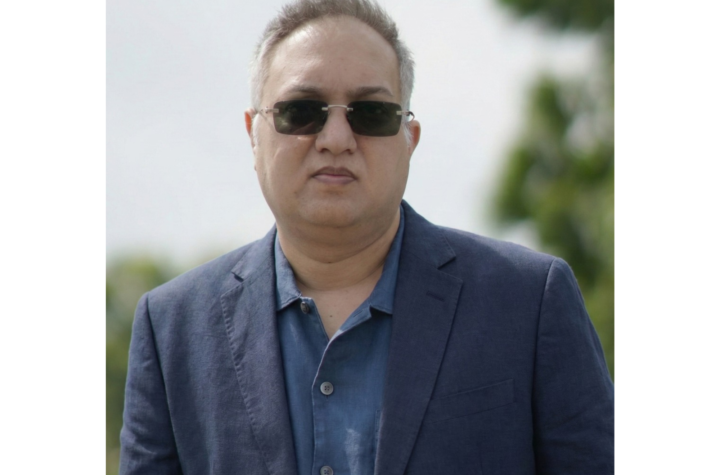After promising results with a first patient, US scientists hope that an electrical implant that rests in the skull and is wired to the brain can detect and treat severe depression.
Sarah, 36, says the device, which she had fitted more than a year ago, has changed her life. Sarah is the first to receive the experimental treatment. In recent years, she’d had a string of failed therapies, including antidepressants and electroconvulsive therapy.
The researchers from the University of California, San Francisco, caution that it is too soon to determine whether it will assist other patients with difficult-to-treat depression, such as Sarah, but they are optimistic and plan to conduct more trials.
Although the operation may appear frightening, Sarah claimed that the idea of “any form of relief” was preferable to the darkness she had been feeling.
Drilling small holes in her skull to insert cables that would monitor and stimulate her brain was part of the procedure.
The matchbox-sized pack in her head is always on, but it only sends out an impulse when it detects that she might need it. The battery and pulse generator were hidden behind her hair and scalp in a box snuggled into her bone.
“Sarah was unconscious throughout the procedure, which took a full working day and was performed under general anaesthesia.”
“I could definitely tell you within 15 minutes that it has gone off because of a sense of alertness and energy or the positive I will experience,” she says.
Although this type of highly invasive surgical procedure would only be used in the most severe patients with intractable symptoms, the bespoke nature of the stimulation is an exciting step forward.
Because the particular brain circuitry driving symptoms is expected to vary between individuals, different recording and stimulation sites would likely be required if tested in additional patients.











More Stories
AI to assist doctors in detecting broken bones in X-rays
Enhancing digital health initiatives could help prevent millions of deaths from noncommunicable diseases
Sweden Confirms Its First Case of Mpox